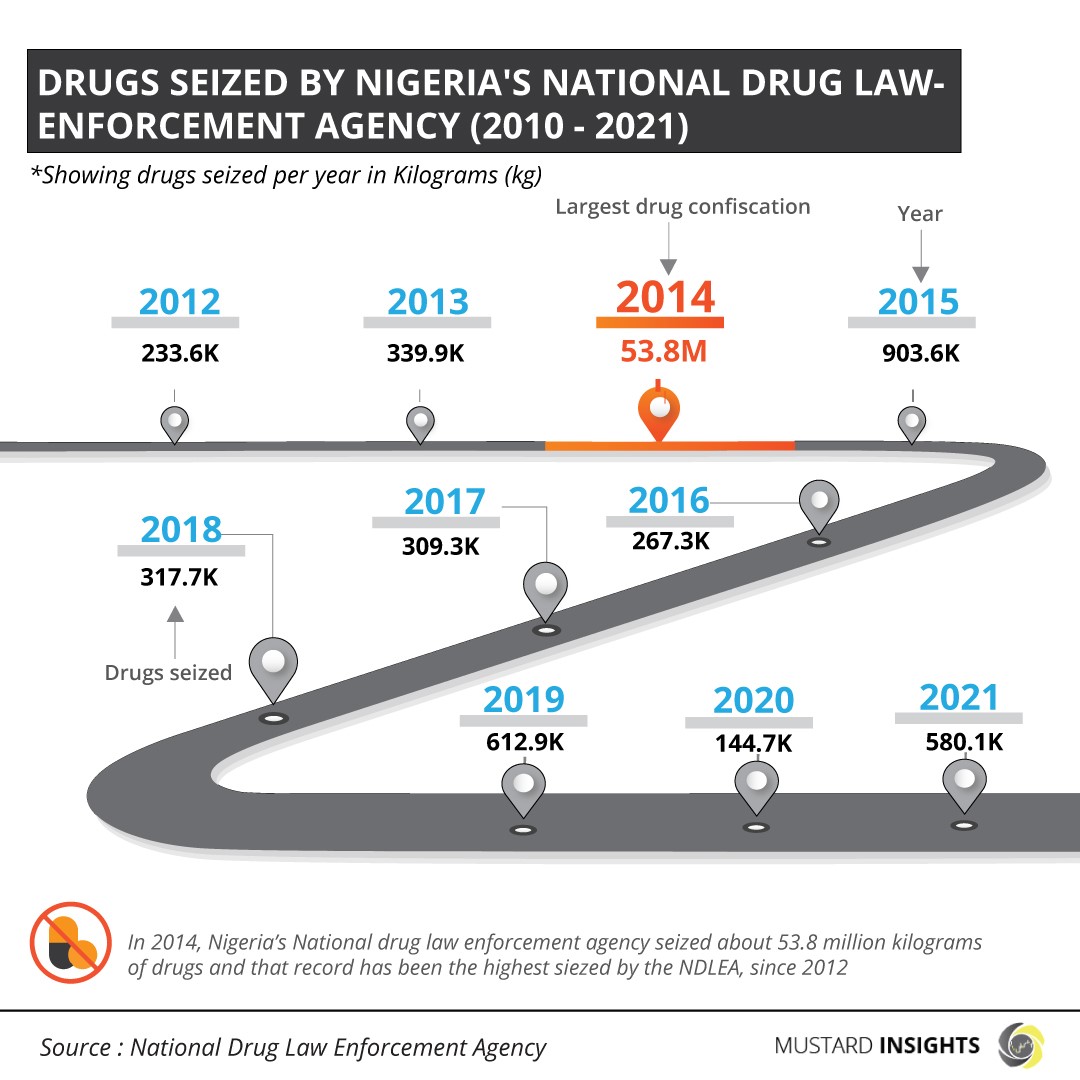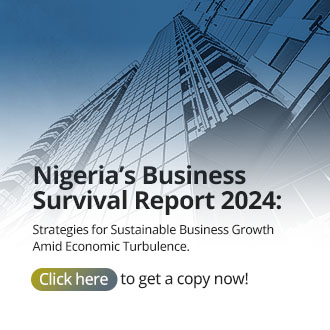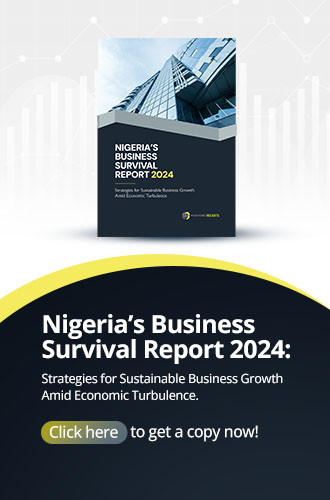
Nigeria has witnessed an increase in drug related activities, and this is owed largely to the number of illicit drugs being smuggled, traded and consumed within its borders. Substances such as marijuana, cocaine, heroin, and methamphetamines have become popular amongst older and younger people, with figures from law enforcement agencies stating that 40 percent of Nigerian youths between 18- and 35-years abuse drugs.
Reports released by the National Drug Law Enforcement Agency (NDLEA), the governmental agency tasked with the responsibility of eliminating narcotics within its borders, have stated that the agency has overseen the seizure of illicit drugs worth over $3.8 billion in street value over the last 10 years. During this period, the agency seized a total of 57,595,874 kilograms of drugs. Amongst this was a total of 57,031,943kg worth of cannabis; 1,975.59kg of cocaine; 687.35kg of heroin, and other substances worth 559,248.6kg.
Breakdown
A breakdown of the numbers revealed that in 2012 the agency seized illicit drugs worth 233,699 kilograms. Cannabis had the highest share seized that year with a total of 228,794.13 kilograms, nearly 97 percent of all drugs seized. This was followed by cocaine worth 131.89kg, heroin worth 211.03kg, and an assortment of other illicit drugs worth 3,905.45 kilograms.
In 2013, the agency seized drugs worth 339,968.11kg. Cannabis also had the highest share seized this year, totaling 205,373kg, cocaine had the second highest share seized valued at 290.20kg, heroin worth 24.53kg, and others worth 134,280.38kg.
In 2014 the NDLEA recorded its largest seizure worth 53,886,039.5kg, which surpassed the total kilograms seized within the 2012- 2021 timeline. A total of 53,878,194.63kg of cannabis was seized that year alone, followed by cocaine worth 226.04kg, heroine worth 7kg, and other illicit drugs worth 562.49kg.
In 2015, the NDLEA made the second largest seizure within the 2012- 2021 period, seizing a total of 903,624.56kg worth of drugs. Of this figure 871,490.32kg of cannabis was seized, 260.46kg of cocaine, 30.9kg of heroin and other drugs worth 31,442.86kg were seized.
In 2016, the NDLEA seized a total of 267,592.49kg worth of drugs, cannabis worth 187,394kg, Cocaine, 305.17kg, heroin worth 66.29kg and other drugs worth 79,827.04kg. In 2017, a total of 309,357kg was seized by the NDLEA. Cannabis worth 191,084.19kg, cocaine worth 92.26kg, heroin worth 86.36kg, and other drugs worth, 117,143.20kg were seized.
In 2018 the NDLEA made seizures worth 317,764.85k. Cannabis worth 273,249.08kg, cocaine worth, 124.86kg, heroin worth 59.62kg, and other drugs worth 44,331.29kg were seized. In 2019, the NDLEA seized drugs worth 612,903.48kg. 608,654.49kg worth of cannabis, 113 kg of heroin, and other drugs worth 10,112.10kg. While in 2020 and 2021 the NDLEA seized drugs worth, 144,795.67 and 580, 130.5kilograms respectively.
Takeaway
Although the Nigerian government is doing much to end the war on drugs, we can still see the numbers increasing yearly. There might be various reasons, although it may be difficult to ascertain which is most culpable. There may be a boost in demand for illicit substances as most function as gateway drugs and there are various reports about a rise in mental health struggles among young people. The reasons for these struggles can be more societal, with issues like job security, low wage compensation, persistent education sector strikes, and overall financial pressure preying on the minds of younger Nigerians. This might prompt a desire for the “escape” that gateway drugs are touted to provide.
It can’t be denied that this increase in demand has been matched by a supply glut, as the NDLEA has made most of their seizures from distributors or middle men. While some may hail the efforts of the law enforcement body and clamour for better policing, the real solution might be to remove the stressors the lead to people desiring the comfort of gateway drugs, hence significantly reducing demand.
Thoughts?
We won't share your email address. All fields are required.
